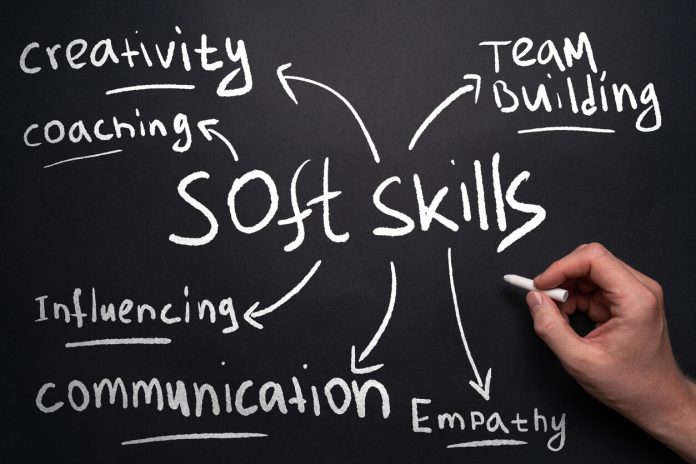Students and business owners often experience high-stress levels that may leave them devastated. These stress levels often lead to emotional disturbance, which leads to wrong decision-making capabilities, confusion, restlessness, anxiety, and insomnia. Teaching students to self-regulate emotions can help them perform better and do well in their studies. Better results, a confident child, healthy mind are some of the importance of teaching students self-regulation skills. In this article, we will look at the top eight strategies to develop self-regulation skills.
Top Strategies to Self Regulate Mind and Body
- Identify Emotions: The first step to regulating the emotion involves identifying the emotion that is causing a problem. Is it fear, anxiety, stress, or excitement? Do you feel stressed or excited very easily? Name the emotion so you know which emotion is causing turbulence.
- Accept Emotions: Once you have understood the emotion causing you problems and its physical symptoms, accept the emotion. Acceptance will help you reduce the effect of emotions on you. For instance, accept that you have stage fear. Accept that you are sad for not getting good grades.
- Understand Physical Symptoms: When you are emotionally disturbed, for instance, when you are on the stage and fearful, what signals does your body send? Does your heart start beating hard? Do you feel a lack of breath or air? Do you start sweating? How your body responds when you are experiencing strong emotions.
- Practice Meditation: Mediation is a great way to focus on what matters. You should focus on the end result. Set small goals and a big goal. Focus on small goals to reach the final picture. For instance, students with stage fear should practice performing without stumbling. And the end result could be receiving applause from the audience.
To meditate, create a space where you can connect with your inner self in a calm and relaxing atmosphere. Close your eyes and practice deep breathing. Remind your mind of the bigger goals. Keep yourself focused, relaxed, and practice breathing through meditation. Do this regularly for 5-10 minutes twice a day for a relaxed mind. - Emotional Catharsis: Releasing the emotion is as important as accepting the emotion. Once you have understood and accepted that you feel fearful of the stage and you are sad about not getting good grades, release the emotions safely. You can do this by talking to your dear ones. You can talk to your mother about your inner fears of stage, for instance. Once you let go of the emotions and share them, they become less effective.
- Self-awareness: Be aware of how your body reacts to situations and how you feel emotionally. Understanding your body and mind can help regulate emotions in all situations. It is also a great strategy to prepare oneself for awkward situations. You know that you have stage fear; for instance, accept that you may fumble, forget lines, and your legs might shake out of fear. Understanding why your body reacts differently can help you regulate emotions.
When anxiety strikes you on the stage, remind yourself that soon it will be over. It is temporary, and you can easily overcome it. It will take some practice to regulate your mind and body in an awkward situation. - Create Space: We all need a space to relax. And if you have anxiety or troubled emotions, you need a space that soothes your emotions. In an overwhelming situation, for instance, during a board meeting, take a break, go to your soothing space and relax your mind before saying anything. If escaping from the situation is not possible, practice deep breathing.
- Talk To Yourself: Engage in positive self-talk whenever possible. The best time to talk to yourself is the bedtime. Encourage yourself to perform better tomorrow. Recall all the good things you did. Revise all good moments of life. Talk to yourself about skills that make you special and how you can improve them.
Conclusion
Emotional regulation is important for all of us. In everyday life, we come across certain awkward situations that cause us anxiety, stress, fear, overwhelming excitement, and hypertension. All these strong emotions, if not controlled, can cause serious mental health issues. Therefore, it is important to regulate emotions for better well-being.





























![“Does Everyone Hear Me OK?”: How to Lead Virtual Teams Effectively iStock-1438575049 (1) [Converted]](https://www.europeanbusinessreview.com/wp-content/uploads/2024/11/iStock-1438575049-1-Converted-100x70.jpg)




